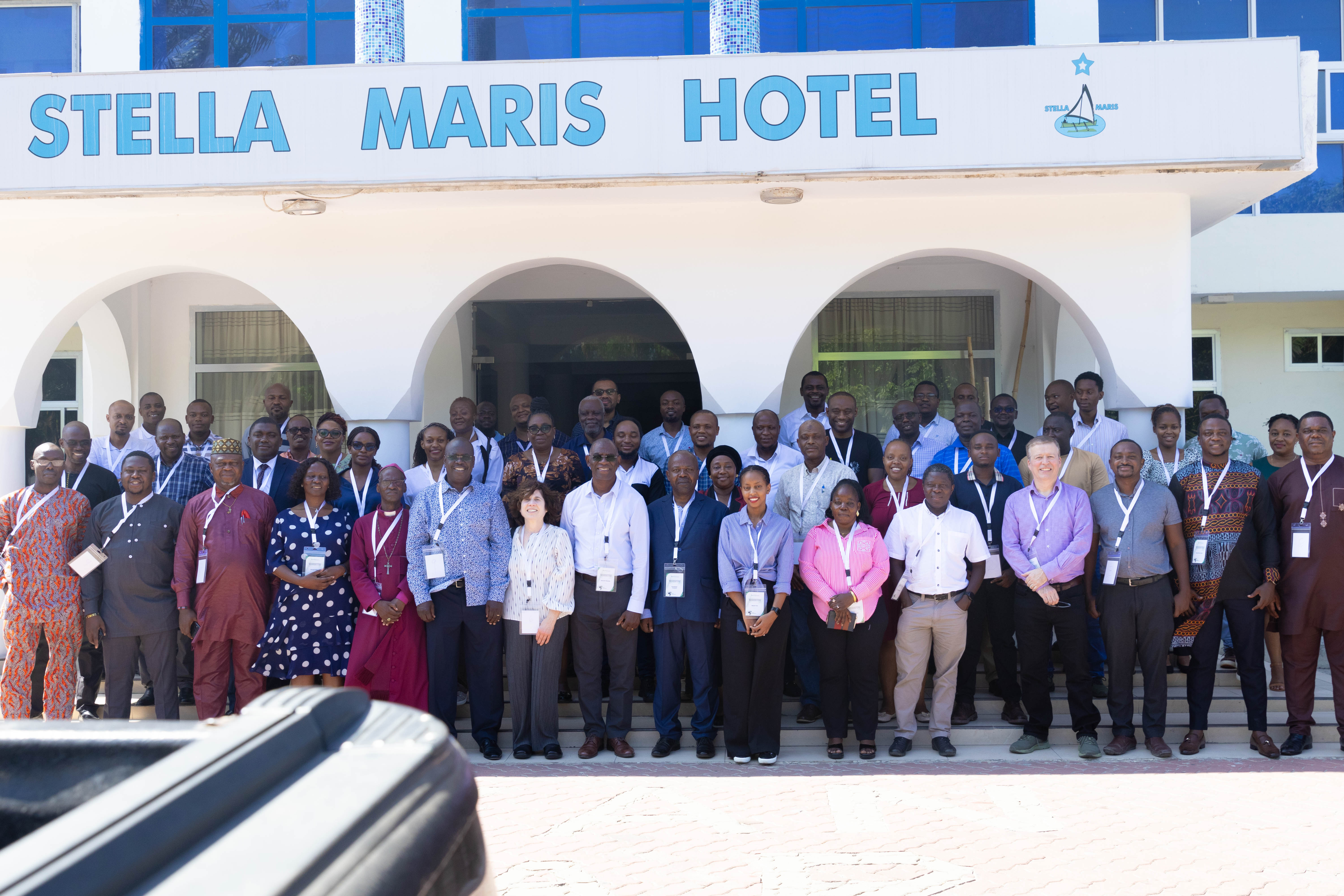
WORKSHOP: Exploring gene drive technology - a new frontier in malaria control

Could gene drive technology be a game-changer in Africa’s fight against malaria? That question took center stage as experts gathered in Bagamoyo, Tanzania for a high-level strategic workshop hosted by Ifakara Health Institute and the Foundation for the National Institutes of Health (FNIH) from February 24-26, 2025.
Gene drives have emerged as a groundbreaking innovation in the battle against malaria, offering a novel approach that could significantly alter the dynamics of malaria transmission.
The event, part of the African Conversation program, brought together leading scientists, academics, policymakers, regulators, faith leaders, communication experts, civil society organizations and youth representatives, to explore how this groundbreaking innovation could be integrated into malaria control efforts across the continent.
A gathering of experts
The workshop opened with remarks from Ifakara’s Chief Executive Director, Dr. Honorati Masanja, and Michael Santos, Senior Vice President and Chief Population Health Science Officer at FNIH. Their speeches set the stage for critical discussions on the future of gene drive technology.
Experts from Tanzania, Cameroon, Kenya, Malawi, and Nigeria shared insights on Africa’s malaria burden, advancements in gene drive research, and perspectives gathered from key stakeholders over the past two years.
Tackling malaria through innovation
Over three intensive days, participants engaged in focused discussions on key topics, such as, including the malaria burden across Africa and the urgent need for innovative solutions, potential applications of gene drive technology and its role in disease control, regulatory pathways for genetic biocontrol technologies, scenario-building and strategy development for real-world implementation, and action plans to integrate gene drives into national malaria control programs.
The forum provided a platform to share insights from previous discussions and explore how gene drives could be adapted to fit country-specific needs. By ensuring alignment with national malaria control strategies, researchers and policymakers aim to maximize the impact of this emerging technology.
Advancing elimination efforts together
This collaborative effort marks a significant step toward accelerating malaria control and elimination in Africa. By combining cutting-edge science with strategic planning, stakeholders are working toward sustainable, ethical, and environmentally safe solutions. The ultimate goal: to protect future generations from the burden of malaria and bring the continent closer to a malaria-free future.
